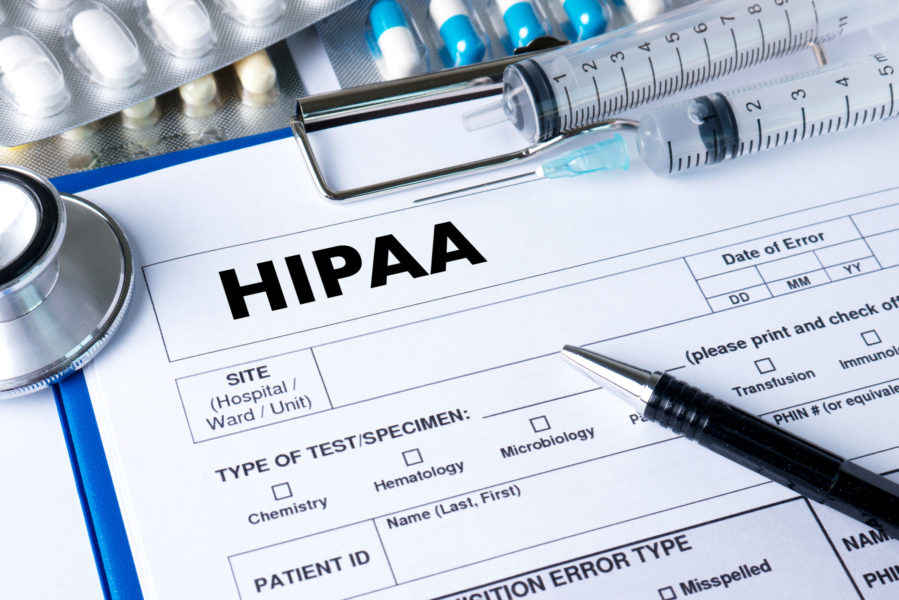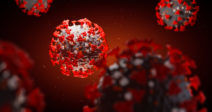De-identification of Data
De-identification is an important tool to make data available to communities. Generally, once public health removes or obscures personal identifying information within a data set, law does not constrain the use or disclosure of the remaining data. De-identification enables public health to collect and share data without violating individuals’ privacy or law.

Resources

Confidentiality of Substance Use Patient Records: Key Provisions of The Notice of Proposed Rulemaking Changes to The Part 2 Rule

Linking and De-identifying State-level Data Sets to Tackle the Opioid Epidemic

Data Sharing Strategies to Advance Health Equity

De-Identification Toolkit
Explore more sub-topics related to Health Information and Data Sharing
Learn More
A Closer Look at De-Identification of Data
Public health has evolved to an expanded scope of practice, called Public Health 3.0, which recognizes that “[p]ublic health is what we do together as a society to ensure the conditions in which everyone can be healthy.” Today, communities partner with public health and others to address important issues, often focusing on environmental and social determinants of health, with the goal of achieving health equity.
A modern information infrastructure, built with health and non-health data that are locally relevant, is critical to both public health and its community partners. To help support this infrastructure, public health should more widely use de-identification to make more timely, reliable, sub-county and actionable data available. Understanding the benefits of utilizing de-identified data and the mechanics of disclosing it are critical to improve health equity.
Explore Topics
Related Empowered Public Health System Resources
How we can help
Legal Research and Assistance
Experienced legal experts are available to answer questions and provide research, analysis and guidance. Let us know what you’re working on and together we can figure out how we can help.
Legal Assistance Library
Explore the Network’s Legal Assistance Library to find answers to commonly asked questions on a variety of public health topics.









